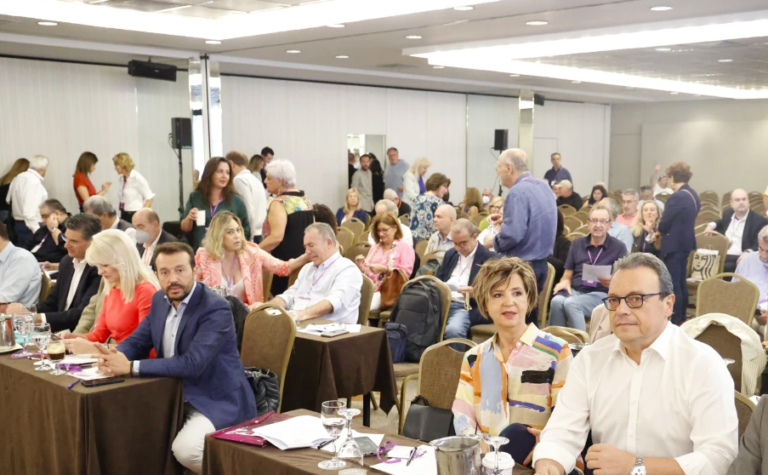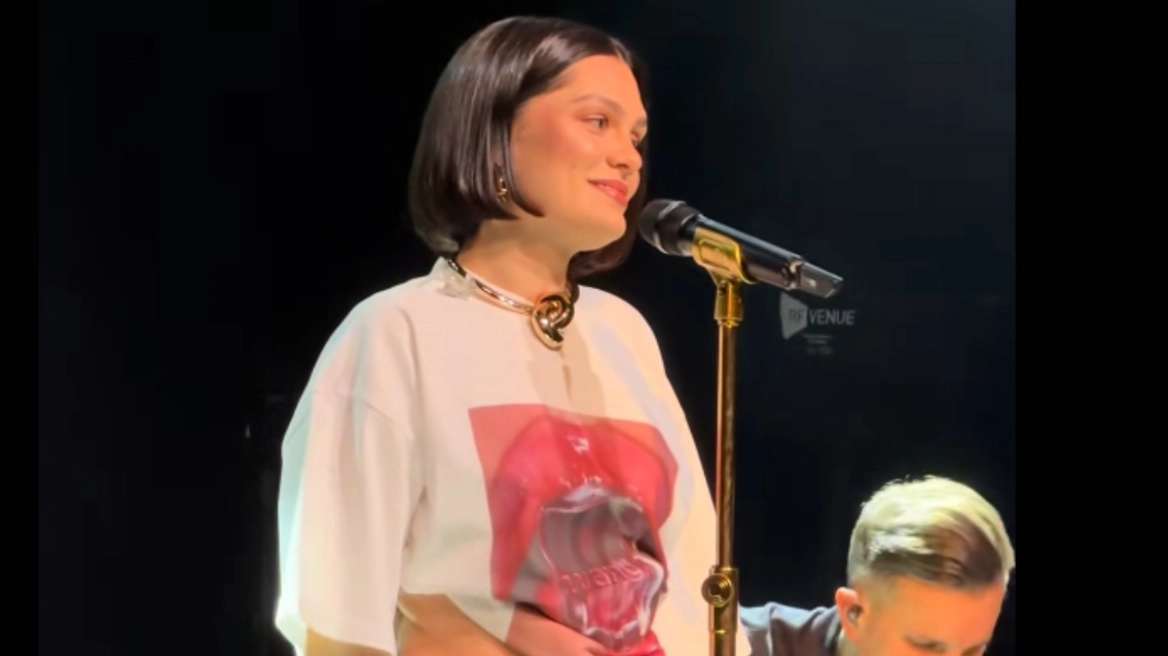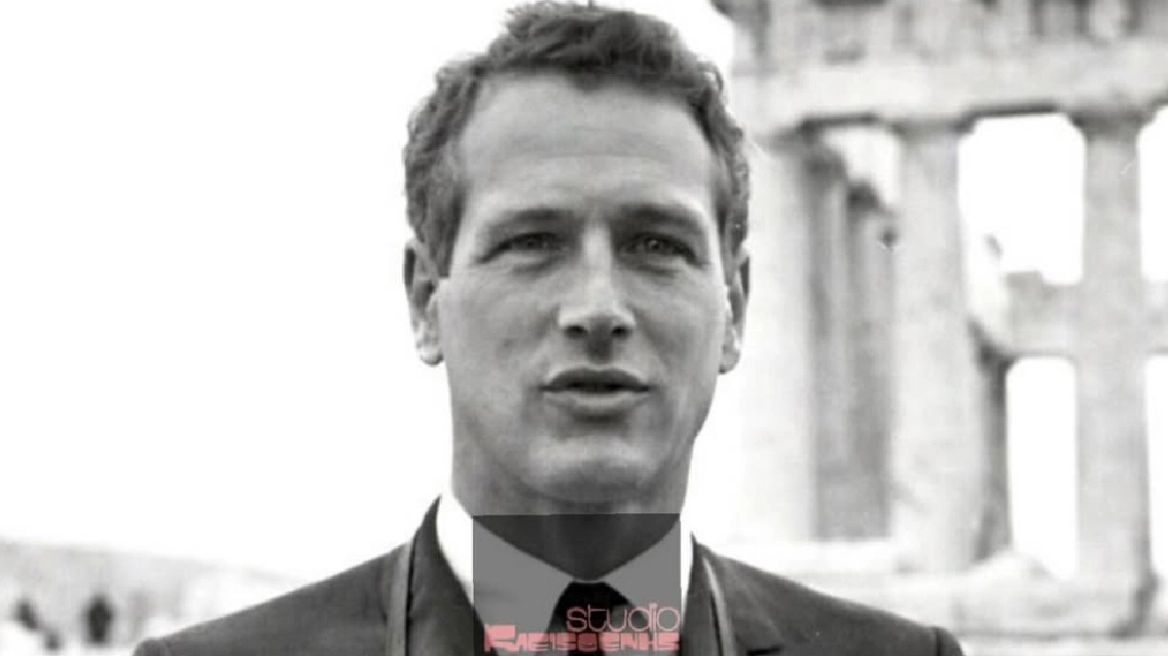The process of electing a new president for the SYRIZA-Progressive Alliance is shaping up to be a tough political battle, as many potential candidates remain hesitant to reveal their intentions early on, except Pavlos Polakis. This follows the finalization of the roadmap for internal party elections. However, Olga Gerovasili clarified on ANT1 TV on Monday morning that she will not be a candidate.
The timeline proposed by the Political Secretariat, supported by the group of “87,” was approved, scheduling two rounds of elections on November 24 and December 1. Despite the approval, many senior members of the opposition party feel that the intervening period “feels like an eternity.” This is partly due to SYRIZA’s concerns over voter turnout in the PASOK-KINAL elections, and partly because the party fears that the surrounding toxicity could further erode its polling numbers in the coming weeks.
Kasselakis’ Anniversary
However, most party officials are waiting for former President Stefanos Kasselakis to reveal his plans for running for the SYRIZA-Progressive Alliance presidency before other candidates make their moves. Kasselakis has drastically changed his political strategy, remaining conspicuously absent from the media and social networks. Even his appearance last Saturday in Arta lacked any political statements about the upcoming election, beyond a symbolic confrontation with Olga Gerovasili. Despite the speculation surrounding his candidacy, Kasselakis appears in no rush to make any public statements about his future moves until the path to the elections becomes clearer. Tomorrow marks one year since he took the leadership of SYRIZA, raising the likelihood of an announcement on this symbolic anniversary.
What is certain is that all internal party deliberations will culminate at the upcoming Conference, where leadership nominations will be approved, provided they are supported by 30 signatures from members of the Central Committee and include a financial disclosure statement (“Pothen Esches”). The financial disclosure requirement sparked tensions during the latest Central Committee meeting, despite Kasselakis having already submitted his statement months ago. Ultimately, the Conference, as the party’s highest authority, will give the final green light for presidential candidates, with decisions made at a political level.
Kasselakis’ Impeachment Objective
Until then, other potential candidates are expected to emerge, and strategies will be developed for all nominees, given the two-round election process. Among the “Tsipras guard,” rumors are growing that Sokratis Famellos will receive their support, though Famellos has yet to confirm any interest in running. During his address at the Central Committee meeting, Famellos struck a unifying tone, saying, “We are and will all be here,” while also criticizing the former president, Kasselakis, stating, “The impeachment was sought and pursued by the former president, underestimating that this would leave a mark on the party.” He added, “You can’t ask for an impeachment vote and then if you lose, call it undemocratic.” He also condemned the former president’s use of terms like “masked figures” and “coup,” as indicative of a different mindset and culture.
Two Voices Among the “87”
Famellos’ remarks were well-received by many within the group of “87,” especially given that there are two differing views within the faction regarding whom to support in the leadership race. Some see Famellos as someone who embodies SYRIZA’s ideological and political identity, with a moderate approach. Others, however, cannot overlook his alignment with Kasselakis in recent months and his failure to emphasize the need for the reconstruction of the entire progressive movement. For the “87,” much depends on the final decision of Vice-President of Parliament Olga Gerovasili, who is expected to clarify her political plans following her confrontation with Kasselakis at the February Conference.
Polakis’ Campaign and Program
Pavlos Polakis’ candidacy appears the most prepared, with his campaign tour schedule already laid out. Polakis has been vocal on social media, highlighting his thematic proposals. Yesterday, he presented his vision for “changing the structure of the state,” advocating for a “decentralized, democratically controlled state that would focus on four main tasks: creating plans, distributing resources, setting regulations, and conducting annual and final checks on its decentralized structures and local governments to which all other responsibilities (including licensing) and functions would be transferred.”
Ask me anything
Explore related questions





